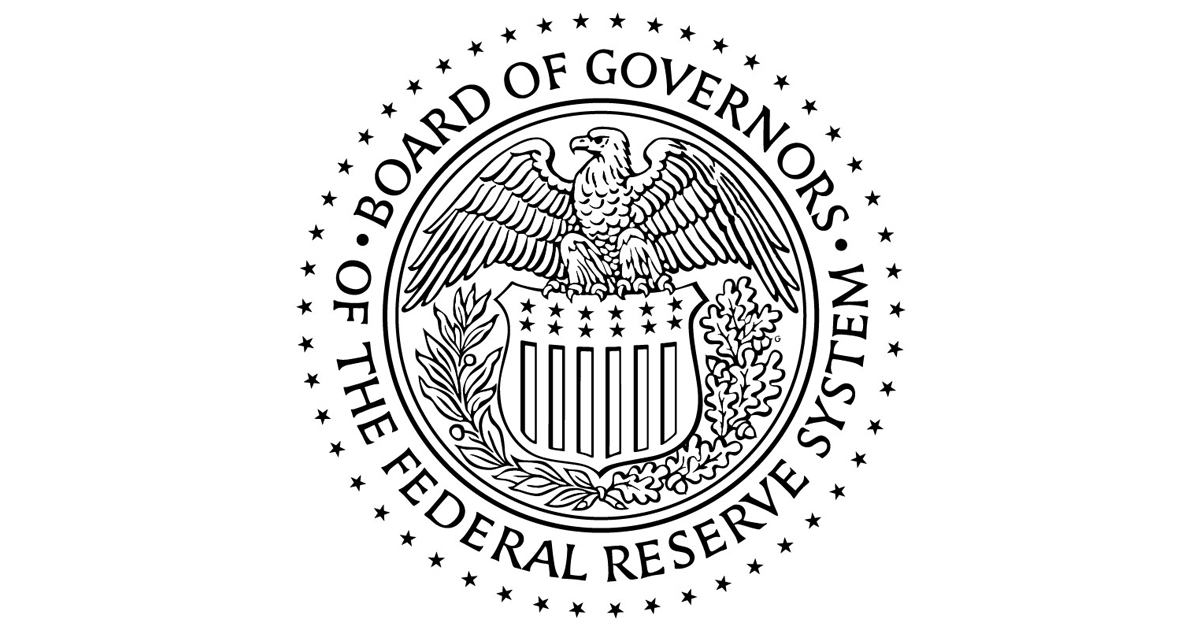
Social Security COLA 2025: In 2025, millions of Americans receiving Social Security are seeing a much-welcomed boost in their monthly benefit checks. The primary reasons? A 2.5% Cost-of-Living Adjustment (COLA) and the enactment of the Social Security Fairness Act, which reverses long-standing rules that reduced benefits for certain public sector retirees. Whether you’re a retired teacher, a financial planner, or simply curious about how these changes may impact you or someone you know, this guide will break it all down—clearly, concisely, and completely.
Social Security COLA 2025
The combination of the 2.5% COLA and the Social Security Fairness Act makes 2025 one of the most impactful years in recent memory for retirees—especially those from the public sector. With higher monthly checks, retroactive payments, and new administrative improvements, millions of Americans can now look forward to a more secure retirement.
| Aspect | Details |
|---|---|
| COLA Percentage | 2.5% increase to keep pace with inflation |
| Average Monthly Benefit Increase | ~$49 boost from $1,927 to $1,976 per month |
| Legislative Change | Social Security Fairness Act repeals Windfall Elimination Provision (WEP) and Government Pension Offset (GPO) |
| Beneficiaries Affected | Over 3.2 million retirees, including teachers, firefighters, police officers, and federal employees |
| Retroactive Payments | $6,710 average, over $7.5 billion paid to 1.1 million beneficiaries as of March 4, 2025 |
| Monthly Increase Effective Date | New payment amounts began in April 2025 |
| Official Resource | Social Security Administration – COLA |
Understanding the Social Security COLA 2025
Each year, the Social Security Administration (SSA) assesses whether beneficiaries need a pay bump to keep up with inflation. In 2025, that adjustment is 2.5%. That may sound small, but for someone receiving the average benefit, it adds about $49 more per month—or nearly $600 more per year.
This increase ensures that Social Security payments maintain their real-world buying power as everyday costs for food, housing, and healthcare continue to rise.
The COLA is calculated using the Consumer Price Index for Urban Wage Earners and Clerical Workers (CPI-W), a common inflation benchmark. When this index goes up, Social Security benefits go up too.
The Social Security Fairness Act: A Landmark Shift
Signed into law in January 2025, the Social Security Fairness Act repealed two controversial rules:
1. Windfall Elimination Provision (WEP)
WEP reduced Social Security benefits for people who had a pension from jobs that didn’t pay into Social Security (like many state and local government jobs). It often slashed benefits for retired teachers, police officers, and firefighters—sometimes by hundreds of dollars per month.
2. Government Pension Offset (GPO)
GPO impacted the spousal or survivor benefits for those same workers, leading to sharply reduced or completely eliminated Social Security spousal payments.
Now repealed, both of these provisions no longer apply as of January 2024.
Who Benefits from the Fairness Act?
According to the SSA, over 3.2 million Americans are affected. This includes:
- Retired public school teachers
- Firefighters, police officers, and first responders
- Federal employees in the Civil Service Retirement System (CSRS)
- Workers with foreign pensions
Many of these individuals have already received retroactive payments, with over $7.5 billion distributed to more than 1.1 million people by March 4, 2025. The average retroactive payment is $6,710, and these were sent as direct deposits to the accounts the SSA had on file.
New benefit amounts began showing up in April 2025.
Other Updates from the Social Security Administration
Enhanced Identity Verification
To improve security and prevent fraud, the SSA is rolling out new identity verification requirements. Anyone requesting a direct deposit change or filing for benefits who can’t use their online “my Social Security” account will need to verify their identity in person at a local SSA office.
Faster Direct Deposit Changes
Previously, changes to direct deposit information online could take up to 30 days to process. Now, changes are being processed within one business day.
Practical Advice for Retirees
1. Check Your Eligibility
If you were affected by WEP or GPO in the past, check your most recent Social Security letter or call the SSA to confirm your updated benefit amount.
2. Access Your Statement Online
You can log in or create an account at my Social Security to view your benefits, payment history, and any retroactive deposits.
3. Plan for Taxes
Your Social Security income may now push you into a higher tax bracket or make a portion of your benefits taxable. A tax professional can help you prepare for next year’s filing season.
4. Don’t Panic if You Haven’t Heard Yet
The SSA asks recipients to wait until after April 2025 before contacting them about missing payments or benefit changes, as notices and deposits are still being processed.
2026 Social Security COLA Forecast Revised: Grim Outlook Ahead
2025 COLA Drop? What It Means for Your Social Security Payments!
New Social Security COLA Forecast Announced – Will Your Benefits Rise?
Frequently Asked Questions About Social Security COLA 2025
Q: When will I receive my retroactive payment?
A: Most retroactive payments were deposited by the end of March 2025. Check your bank account or log into your SSA account for confirmation.
Q: How much will my monthly benefit increase?
A: It depends on your previous benefit and whether you were affected by WEP or GPO. Most retirees saw at least a 2.5% COLA increase, and those affected by the Fairness Act may see hundreds of dollars more per month.
Q: What if I don’t receive my updated payment in April?
A: The SSA recommends waiting until late April before contacting them, as updates are still being rolled out.
Q: Are survivor and spousal benefits affected by the Fairness Act?
A: Yes. The repeal of GPO means many spouses and survivors will now receive full benefits previously reduced or denied.





